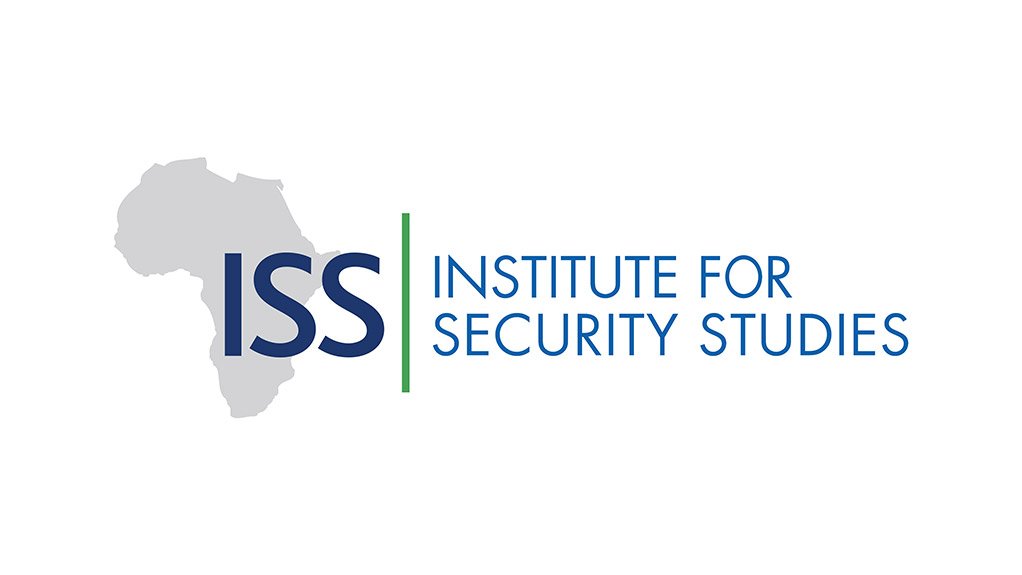At the 20th African Growth and Opportunity Act (Agoa) annual forum in Johannesburg last week, the United States (US) government and Congress, African trade ministers and business representatives, organised labour and civil society agreed it should be reauthorised before expiring in 2025.
When Agoa was last renewed in 2015, it seemed that might be the last renewal, and that this concession should be replaced by a conventional reciprocal free trade agreement (FTA) or several FTAs. Agoa gives eligible sub-Saharan African countries duty-free access to the US market for most products without having to reciprocate. A decade later, no such FTAs are in prospect, not least because the US has gone off free trade.
So, faced with the alternative of no preferential access for Africa after 2025, both sides of the Atlantic seem committed to extending Agoa. The only questions are the period of renewal, and how to ensure more African countries can benefit.
Constance Hamilton, Assistant US Trade Representative for Africa, said before the forum that Agoa ‘has not met the expectations we had in 2000,’ when it was founded. Though some countries have benefitted, Agoa hasn’t been a ‘game changer for the continent’ in boosting its overall economy and regional integration.
So the forum discussed ways to bring in more countries – this after the number was reduced from 35 to 31. Niger and Gabon will be ejected from 1 January 2024 because of coups, and Uganda and Central African Republic for undemocratic behaviour.
However, the priority is renewal. Participating African countries’ trade ministers called for an extension of at least 10 years, and retention of all current beneficiary countries to preserve value chains and support Africa’s industrialisation efforts.
The forum heard that apart from the benefits to Africa, Agoa also supported 155 000 US jobs. The US also backed the programme’s renewal through statements or video messages by President Joe Biden, Secretary of State Antony Blinken and several congressional leaders of both parties. That bipartisan support is vital as reauthorisation would happen in Congress.
And just after the forum closed, Democratic Party Senator Chris Coons – an influential friend of Africa on the foreign relations committee – released a draft bill to renew Agoa until 2041. ‘This long-term extension would provide businesses with the predictability needed to invest in Sub-Saharan Africa at a time when many firms are looking to diversify their supply chains and reduce dependence on China,’ Coons said.
His bill proposed several changes to expand Agoa’s usage, reflecting many issues discussed at the forum. For instance, to extend the programme and integrate it with the African Continental Free Trade Area (AfCFTA), Coons’ bill would modify Agoa’s rules of origin to allow inputs from North African AfCFTA members.
His bill would also keep more countries in Agoa by only ‘graduating’ them out when they have maintained high-income status for five consecutive years. This would avoid removing some countries and letting them back in if their economies fluctuated around the high-income threshold – as Mauritius recently did. The draft bill also proposes that the current annual eligibility reviews of all 49 sub-Saharan African states happen only every three years.
However, Coons’ bill has a sharp sting in the tail. It intends to eject South Africa from Agoa by calling for an immediate ‘out-of-cycle’ review of the country’s eligibility. The move reflects resentment on both sides of the aisle in Congress about Pretoria’s warm relations with Russia, Hamas and its sponsor Iran.
Stephen Lande, President of international business advisers Manchester Trade, supported the bill – but as the first step to renew and then enhance Agoa. He told ISS Today that South Africa’s Trade, Industry and Competition Minister Ebrahim Patel made the same proposal at the end of the forum. Prompt renewal would avoid a decline in orders in Agoa’s most successful sector (garments assembled from Far East fabrics), since it takes about two years to complete an order.
But Lande said the changes in Coons’ bill wouldn’t correct some of Agoa’s major challenges. He proposes giving the US administration more discretion in deciding which countries should be removed, instead of being forced to remove those that fall foul of the bill’s conditionalities. At present, more than 10 of the 49 countries are not eligible for Agoa benefits.
‘The Administration should be able to weigh the advantages of removing a country versus the collateral damage. For instance, allowing a dictator to scapegoat the US for his own failings, or letting China in, or harming the very groups Agoa is designed to assist (women in the sewing trade who have been harmed by Agoa suspensions in Madagascar and Ethiopia), or disrupting supply chains.’
Lande said he would also ease the rules of origin, which now require 35% value added in the Agoa member country for the product to qualify. He noted that with components becoming more expensive relative to labour, the 35% threshold was unrealistic. Lande said he would allow duty-free imports of processed cocoa products that currently incur punitive tariffs as they contain dairy products and sugar.
He would designate all AfCFTA members as members of Agoa if they were otherwise eligible – and not just include them for cumulation of inputs as Coons proposes. This would embrace North African countries that aren’t currently part of Agoa.
All these proposals would deepen and extend Agoa benefits. However, Lande’s proposal to give the US administration more discretion to consider other strategic factors, like deciding whether or not to expel African states for bad behaviour, would provoke difficult ethical debates.
Is it better to incentivise democracy by expelling countries for undemocratic behaviour – at the cost of greater African economic advancement and integration? Or to prioritise economic development, believing this will eventually boost democracy? A perennial imponderable.
Written by Peter Fabricius, Consultant, ISS Pretoria
EMAIL THIS ARTICLE SAVE THIS ARTICLE ARTICLE ENQUIRY
To subscribe email subscriptions@creamermedia.co.za or click here
To advertise email advertising@creamermedia.co.za or click here











